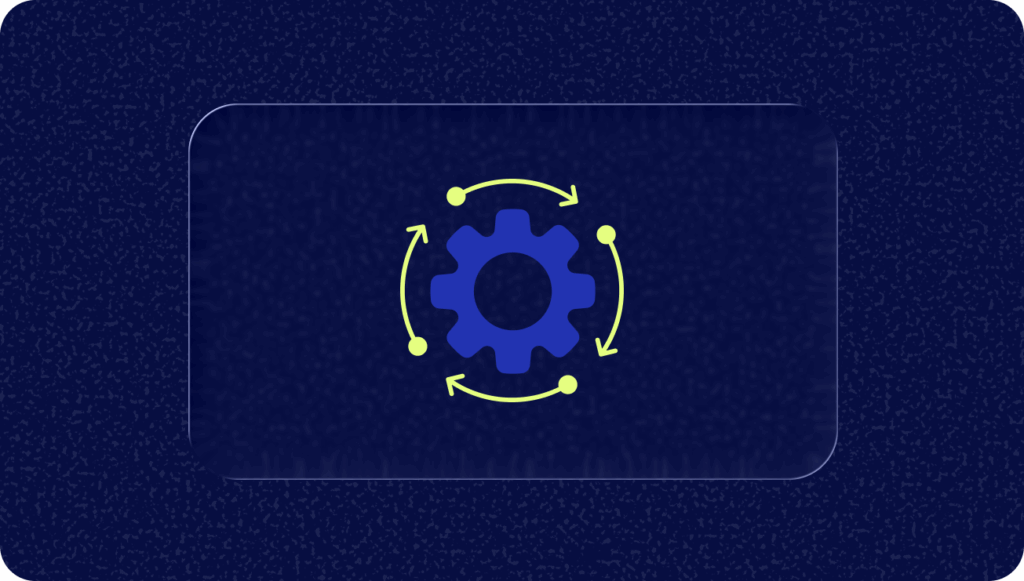An AI agent, or artificial intelligence agent, is an autonomous entity that observes, thinks and acts upon an environment to achieve goals or complete tasks. AI agents, like chatbots or virtual assistants, utilize machine learning, generative AI and other cognitive technologies to simulate human-like interactions, make decisions, and learn from outcomes to improve over time.
How Does an AI Agent Work?
AI agents are built upon a foundation of artificial intelligence designed to perform tasks both simple and complex, ranging fromreplying with simple answers to resolving complex customer queries completely by interacting with external tools and systems. Here’s a breakdown of their core functions:
- Reasoning: AI agents leverage sensors similar to human sensory organs to receive data from their environment and employ sophisticated techniques like natural language processing (NLP) and machine learning (ML) to interpret this data. By understanding commands and assessing situations, AI agents engage in a form of reasoning or reflection that is crucial for processing inputs and making informed decisions.
- Planning: Given its objectives, an AI agent plans exact steps to take and achieve goals considering the state of events in the environment.
- Action: Finally, the agent acts upon the environment. This could be in the form of spoken language, a written response, or the initiation of a process.
- Collaboration: AI agents can interact with other AI agents specliized in other skills. They can route the conversation between available AI agents including human agent when required.
AI agents often work alongside human counterparts, taking over repetitive or high-volume tasks to free up humans for more complex and nuanced work. This synergy between artificial and human intelligence optimizes efficiency and effectiveness.
Benefits of AI Agents
- Efficiency: AI agents can quickly process vast amounts of information and respond to tasks or queries faster than humans.
- Scalability: They can operate at any scale, handling a surge in requests without the need for additional human resources.
- Available 24/7: AI agents can work around the clock, offering constant support or action when no human can be present.
- Personalization: Advanced machine learning allows AI agents to deliver personalized experiences, learning from each interaction to better serve the user in the future.
- Skilled – AI agents are skilled in specialized tasks and also have general skills like understanding inputs from different modalities like text, speech, and video.
- Easy to manage – AI agents can be configured by the specific policy and can also be controlled with limited actions and decisions that it can take.
Industries Utilizing AI Agents
AI agents have applications across various sectors, including but not limited to:
- Customer Service: Responding to inquiries, providing support, and facilitating transactions without human intervention.
- Healthcare: Assisting with diagnoses, patient care, and administrative tasks to support healthcare professionals.
- Automotive: Powers autonomous vehicles, managing both navigation and safety protocols.
- Finance: Enhances banking experiences with personalized financial advice and efficient transaction handling.
The Future of AI Agents
The development and deployment of AI agents are only set to increase as they become more sophisticated and integrated into various facets of industry and daily life. With continuous improvements in AI, the potential applications for these agents are vast and continually expanding.
For those looking to implement or learn more about AI agents, it is beneficial to stay informed about advancements in AI technologies and consider how such agents can be integrated into their strategies for improved service, automation, and innovation.








